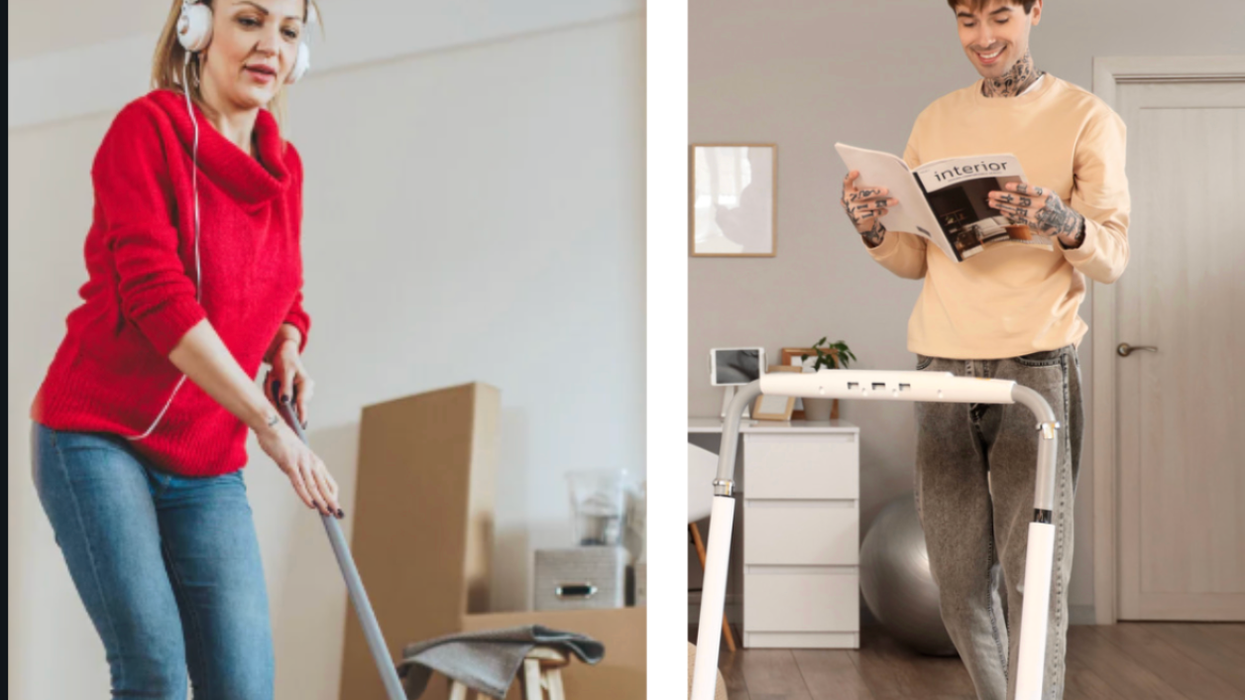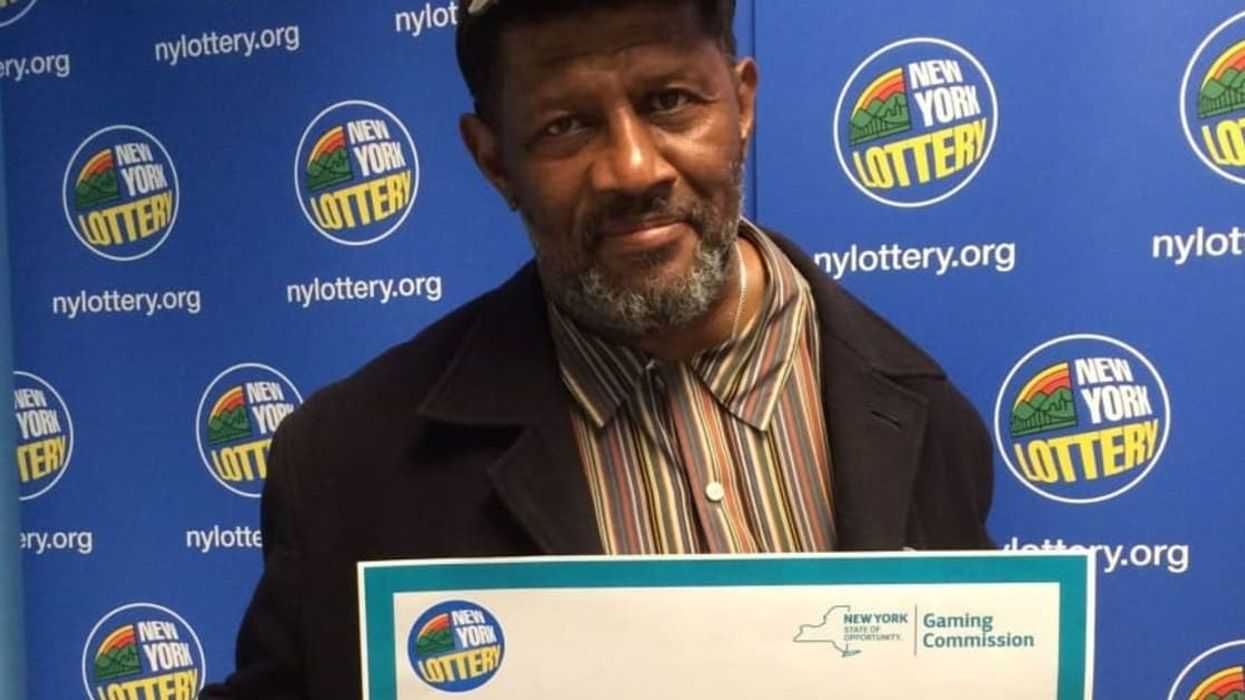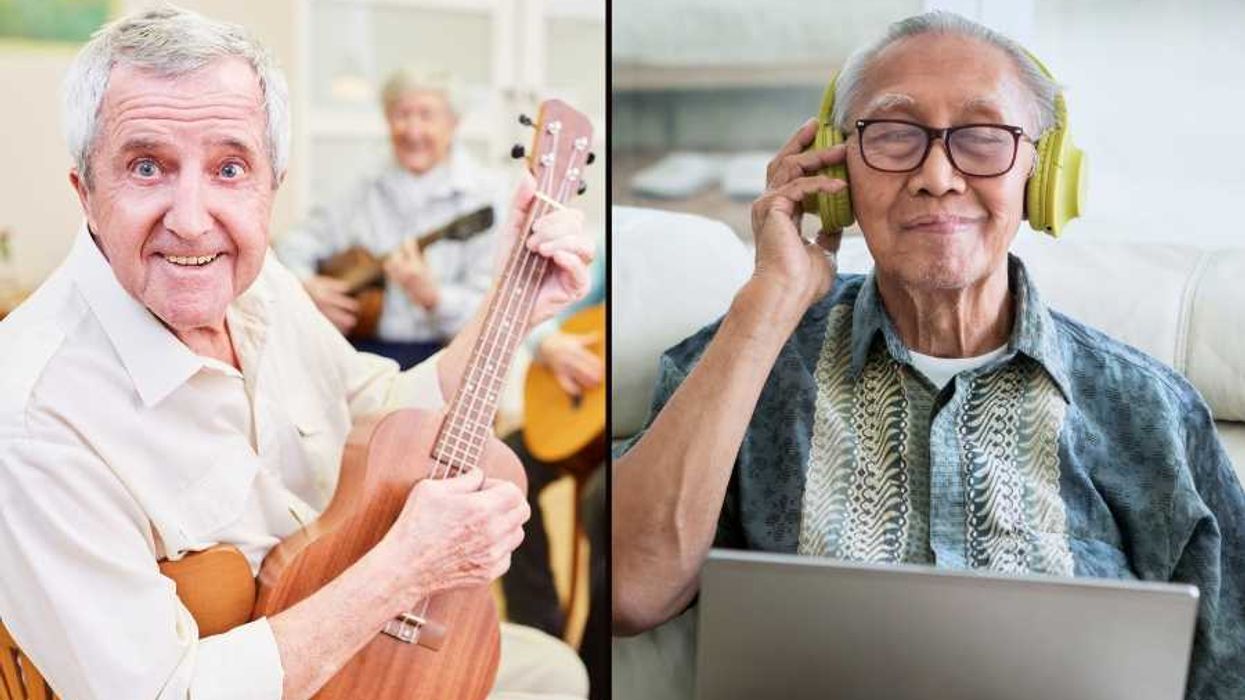There’s nothing particularly unique or shocking about me getting a hysterectomy. Women get them all the time, for many different reasons. But I believe the manner in which my surgery is taking place — given that I am one of millions of Americans without insurance — needs to be shared.
In January 2017, I went through the process of signing up for ObamaCare (ACA). After putting in my financial information, I reached the end, where there were two apparently conflicting statements:
1. You qualify for Medicaid.
2. The State (Kansas) you live in opted out of the Medicaid expansion offered by the ACA.
Under that was a listing of the free-market insurance plans I had “access” to. The average cost was $600 a month. Let that sink in. My income is so low I qualify for Medicaid, but since the Republicans in control of Kansas opted out of Medicaid expansion, they are offering me in return “access” to $600-a-month insurance plans. My response, in short, was: What. The. Ever. Loving. Fuck?
[quote position="left" is_quote="true"]Like most poor people, I can’t afford pride.[/quote]
When I started to show symptoms (and, no, I'm not getting into details) that something was wrong, I went on the internet and started looking for some sort of option for me. I found a Federal program called Early Detection Works for breast cancer and cervical cancer screening. I called the number, gave my financial information, and qualified. I was sent to a clinic here in Wichita called Grace Med. After my exam, the nurse recommended I get an ultrasound.
But there was a problem: Early Detection Works doesn’t cover the cost of an ultrasound. I suppose it should be called “Early Detection Lets You Know There Is A Problem Then Lets You Sit And Stew With That Information.” (Not as catchy of a title, I know.)
I didn’t know what to do, so I contacted the hospital where I was scheduled to receive the ultrasound and was simply honest. I got lucky and connected with an extremely helpful woman in their financial aid department, who took all my financial information. In a few days, she called me back to tell me the hospital would cover the costs under their low-income program.
The results of my ultrasound came back and showed abnormalities, so I was back on the internet searching for options. I found a local program in Wichita called Project Access/Central Plains Healthcare, a charity for people without insurance. (If you’d like to donate to it, you can do so here.) After filling out the forms and once again relaying my financial history – which was embarrassing, but like most poor people, I can’t afford pride — I was accepted and referred to an OB/GYN named Dr. Hershberger. It was a random selection. Participants don’t choose the assigned doctor. It’s just who happens to be the next volunteer on the list.
[quote position="full" is_quote="true"]Maybe it should be called ‘Early Detection Lets You Know There Is A Problem Then Lets You Sit And Stew With That Information.’[/quote]
Once again, I was extremely lucky. My physician, who works with the Heartland Women's Group of Wichita, Kansas, turned out to be amazing. He listens. He pays attention. He explains everything. And, more importantly, he was willing to perform a hysterectomy for me at no cost. All of the doctors, nurses, staff, and hospitals working with this organization volunteer their time and facilities at no charge. That’s incredible — and at the same time, horribly sad. (Or, to paraphrase Trump, “Sad!”)
These wonderful doctors and nurses have to work harder, longer hours and pick up the slack for a government that is failing miserably. Now the politicians want to take away even more health care benefits. If “TrumpDoesn’tCare,” as I like to call it, passes, we’ll be seeing more and more citizens relying on charity or simply dying from preventable illnesses. All because there are politicians who care more about the wishes of the rich than the lives of the poor. (Yes, I’m looking at you, Paul Ryan.) This time, it was me taking months to track down a charity in order to get necessary medical attention. Next time, it might be you or someone you love.
[quote position="right" is_quote="true"]Doctors and nurses have to work harder to pick up the slack for a government that is failing miserably.[/quote]
Pharmaceutical and insurance companies are earning billions off American citizens being sick. The politicians who accept campaign contributions from these industries are doing everything they can to ensure the wealthiest billionaires, including the Trump family, keep their wealth, while the poor working and middle classes get less and less. This should disgust everyone, and I’m not sure why it doesn’t.
The GOP has announced that it will be pushing the latest health care bill through the Senate soon. But Republicans aren’t pushing through a health care plan — depending on what happens with proposed tax cuts in the bill, they may actually be pushing through a “tax care” plan for the wealthiest select few at the top. The people who will ultimately suffer under this will be regular working class people, your loved ones, your family, friends, your neighbors.
After my surgery, I’ll recover, and I’ll be fine simply because I got lucky. But eventually luck runs out and action has to take place. Please do everything you can to fight this awful bill.


















 Ladder leads out of darkness.Photo credit
Ladder leads out of darkness.Photo credit  Woman's reflection in shadow.Photo credit
Woman's reflection in shadow.Photo credit  Young woman frazzled.Photo credit
Young woman frazzled.Photo credit 



Will your current friends still be with you after seven years?
Professor shares how many years a friendship must last before it'll become lifelong
Think of your best friend. How long have you known them? Growing up, children make friends and say they’ll be best friends forever. That’s where “BFF” came from, for crying out loud. But is the concept of the lifelong friend real? If so, how many years of friendship will have to bloom before a friendship goes the distance? Well, a Dutch study may have the answer to that last question.
Sociologist Gerald Mollenhorst and his team in the Netherlands did extensive research on friendships and made some interesting findings in his surveys and studies. Mollenhorst found that over half of your friendships will “shed” within seven years. However, the relationships that go past the seven-year mark tend to last. This led to the prevailing theory that most friendships lasting more than seven years would endure throughout a person’s lifetime.
In Mollenhorst’s findings, lifelong friendships seem to come down to one thing: reciprocal effort. The primary reason so many friendships form and fade within seven-year cycles has much to do with a person’s ages and life stages. A lot of people lose touch with elementary and high school friends because so many leave home to attend college. Work friends change when someone gets promoted or finds a better job in a different state. Some friends get married and have children, reducing one-on-one time together, and thus a friendship fades. It’s easy to lose friends, but naturally harder to keep them when you’re no longer in proximity.
Some people on Reddit even wonder if lifelong friendships are actually real or just a romanticized thought nowadays. However, older commenters showed that lifelong friendship is still possible:
“I met my friend on the first day of kindergarten. Maybe not the very first day, but within the first week. We were texting each other stupid memes just yesterday. This year we’ll both celebrate our 58th birthdays.”
“My oldest friend and I met when she was just 5 and I was 9. Next-door neighbors. We're now both over 60 and still talk weekly and visit at least twice a year.”
“I’m 55. I’ve just spent a weekend with friends I met 24 and 32 years ago respectively. I’m also still in touch with my penpal in the States. I was 15 when we started writing to each other.”
“My friends (3 of them) go back to my college days in my 20’s that I still talk to a minimum of once a week. I'm in my early 60s now.”
“We ebb and flow. Sometimes many years will pass as we go through different things and phases. Nobody gets buttsore if we aren’t in touch all the time. In our 50s we don’t try and argue or be petty like we did before. But I love them. I don’t need a weekly lunch to know that. I could make a call right now if I needed something. Same with them.”
Maintaining a friendship for life is never guaranteed, but there are ways, psychotherapists say, that can make a friendship last. It’s not easy, but for a friendship to last, both participants need to make room for patience and place greater weight on their similarities than on the differences that may develop over time. Along with that, it’s helpful to be tolerant of large distances and gaps of time between visits, too. It’s not easy, and it requires both people involved to be equally invested to keep the friendship alive and from becoming stagnant.
As tough as it sounds, it is still possible. You may be a fortunate person who can name several friends you’ve kept for over seven years or over seventy years. But if you’re not, every new friendship you make has the same chance and potential of being lifelong.